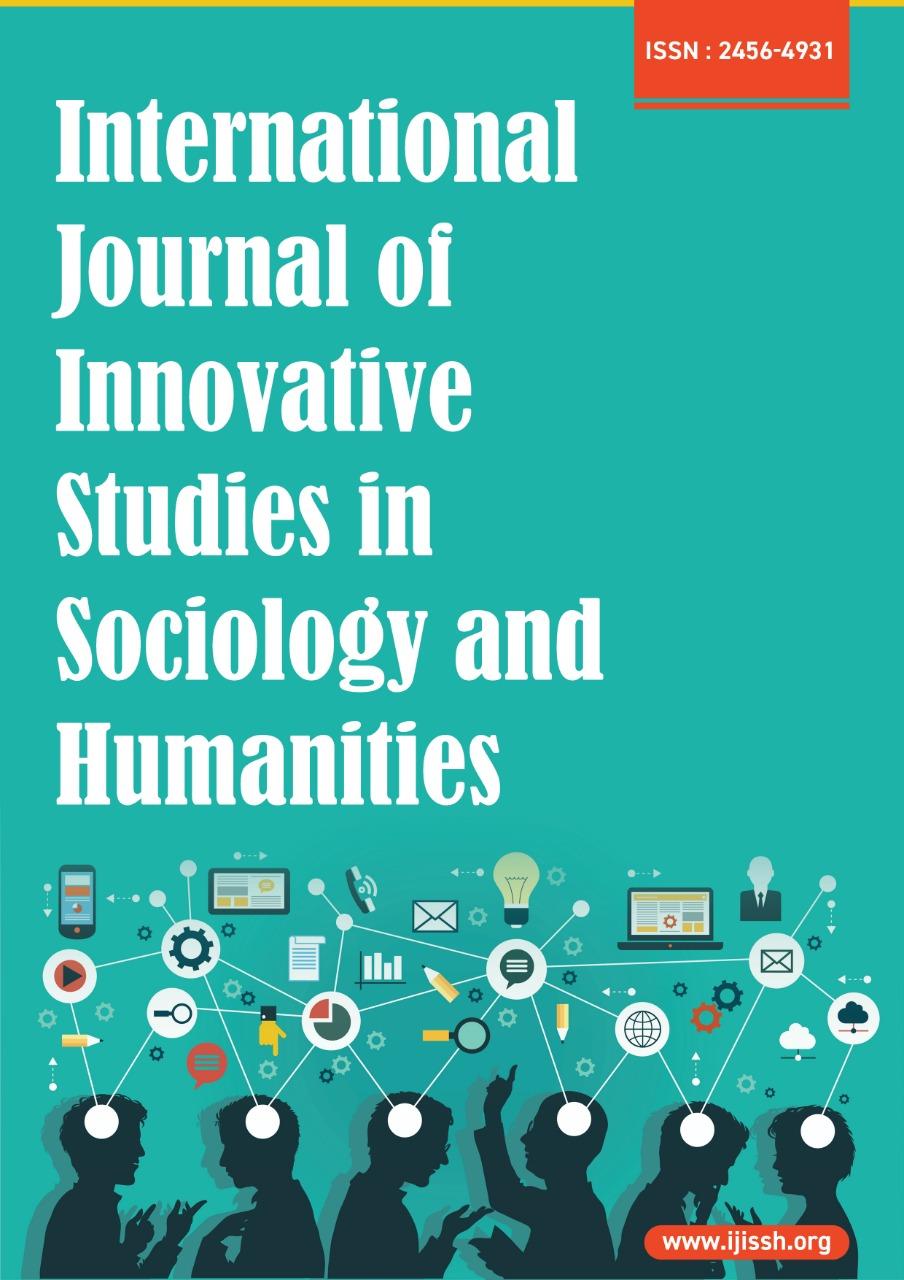Author Guidelines
Authors are requested to submit original, unpublished research to our journal. You can submit the article at our Journal mail id- [email protected] or through submit manuscript form.
Article Submission Checklist
As part of the submission process, authors are requested to check the following:
- The article should be in Microsoft Word document file format.
- The article should contain complete details of the corresponding author, email, and Full postal address
- The text is double-spaced; uses a 12-point font; Times New Roman; and all illustrations, figures, and tables are placed within the text at the appropriate places, rather than at the end.
- Cover Letter stating the work belongs to the corresponding author and other co-authors.
Article Preparation Guidelines
The article must be prepared using double spacing, 12 point font, Times New Roman. All manuscripts must contain the essential elements needed to convey your manuscript, for example, Abstract, Keywords, Introduction, Materials and Methods, Results, Conclusions, Artwork, and Tables with Captions.
1. Types of Articles
We are committed to publish quality articles and request authors to submit any articles of the following classification.
Research Articles: Articles with new findings/innovations in the topic of research. The article should be within 5000 words, excluding references. It should contain Article title, Author affiliations, Corresponding author details, Abstract, Keywords, Introduction, Materials and Methods, Results and Discussion, Conclusion, and References.
Review Articles: Articles which summarizes the existing research on the topic. The article should be within 5000 words, excluding references. It should contain Article title, Author affiliations, Corresponding author details, Abstract, Keywords, Introduction, Materials and Methods, Discussion, Conclusion, and References.
Case Reports: Case reports contain a medical profile of the patient for sharing an unusual or novel occurrence for medical, scientific, or educational purposes. It is a detailed report which includes the demographic profile of the patient. The article should be within 2000 words, excluding references. It should contain Title, Author affiliations, Corresponding author details, Abstract, Keywords, Case Presentation, Discussion/Conclusion, References.
Short Communication: Short communications are the ones that should present new significant findings in a brief form. They should be no longer than 2000 words, including Article title, Author affiliations, Corresponding author details, Abstract, Keywords, Introduction, Discussion, and References.
Editorials: Editorial articles are written on any theme relevant to the Journal within 1200 words, excluding References. These articles contain Title, Author affiliations, Corresponding author details, description, and References.
Letter to Editor: Letters sent to a publication about issues of concern from its readers. These are often written about original research papers. It should be less than 1500 words and should contain Title, Author affiliations, Corresponding author details, Description, and References
2. Article Structure
The article structure may vary with the type of article. You may please refer to the previous section (Types of Articles).
Title Page: The title page contains the title of the submitted article, the author’s information with affiliation, and contact details like institutional addresses and email id.
Abstract: Abstract section contains the background of the research work, should be self-contained and must be citation-free. It should be between 200 -350words.
Keywords: Keywords can be up to 5. Keywords are separated by commas and presented in alphabetical order, and no abbreviations should be used.
Abbreviations: Requested to use only standard abbreviations; the use of non-standard abbreviations can be too confusing to readers. Avoid abbreviations in the title.
Introduction: The introduction section needs to explain the background of the research, its objectives.
Materials and Methods: This section includes the materials, methodology, and protocol followed for the research.
Results and Discussions: It includes the research findings and outputs of the study with statistical analysis; also, it can be added as in the text format or as tables/ figures.
Conclusions: This section has to mention the research findings and conclusions and to discuss the importance and relevance of the study to the field.
Acknowledgments: In this section acknowledge anyone who contributed towards the study by making substantial contributions to conception, materials essential for the research, design, acquisition of data, or analysis and interpretation of data, or who was involved in drafting the manuscript or revising it critically for important intellectual content, but who do not meet the criteria for authorship
Funding Information: Please provide a list of the sources of funding and the relevant grant numbers, where possible. List the authors associated with specific funding sources.
Competing Interests: Authors are responsible for recognizing and disclosing conflicts of interest that might bias their work. All competing interests that are declared will be listed at the end of published articles. Where an author gives no competing interests, the listing will read, 'The author(s) declare that they have no competing interests.'
References Format: References can be added at the bottom of the article. References List and Citations Style Guide for IJISSH is adapted from the Chicago style.
Preparing Figures: Figures should be provided as separate files, not embedded in the main manuscript file. Figures should be numbered in order. Figure keys should be incorporated into the graphic, not into the legend of the figure. Please note that it is the responsibility of the author(s) to obtain permission from the copyright holder to reproduce figures (or tables) that have previously been published elsewhere.
Preparing Tables: Tables should be provided as separate files, not embedded in the main manuscript file. Each table must have a descriptive title and should be numbered; the numbers should be included in the column heading. Tables should NOT be submitted as figures but should be included in the main manuscript file.
3. Copyright Notice
Authors retain the copyright of their article, and the publisher will have the right to publish the article. We follow the Creative Commons Attribution (CC-BY) 4.0 license.

